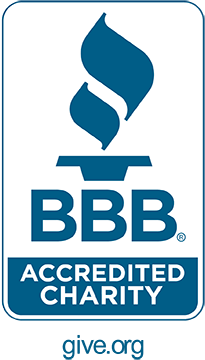Abstract: This report presents the results of the endline evaluation of the Educating Children Together Phase 2 (ECT2) program in Nampula province, Mozambique, implemented by World Vision. The program addresses multiple dimensions of the low levels of human capital in Mozambique by providing school meals and early grade literacy programming with improvements in the learning environment and health/nutrition education. The evaluation conducted for this report measures the impacts of the school meals and literacy program in 175 rural public primary schools in Nampula (160 treatment schools in the target districts, and 15 control schools). Quantitative and qualitative data was conducted by a survey firm working under the supervision of the International Food Policy Research Institute (IFPRI) and was analyzed in conjunction with earlier waves of data collected separately at baseline and midline, as well as programmatic data provided by World Vision. The program included two treatment districts (Nacarôa and Muecate), which were targeted because they had very low levels of human capital, and a control district (Murrupula), which was selected purposively as a comparison.





